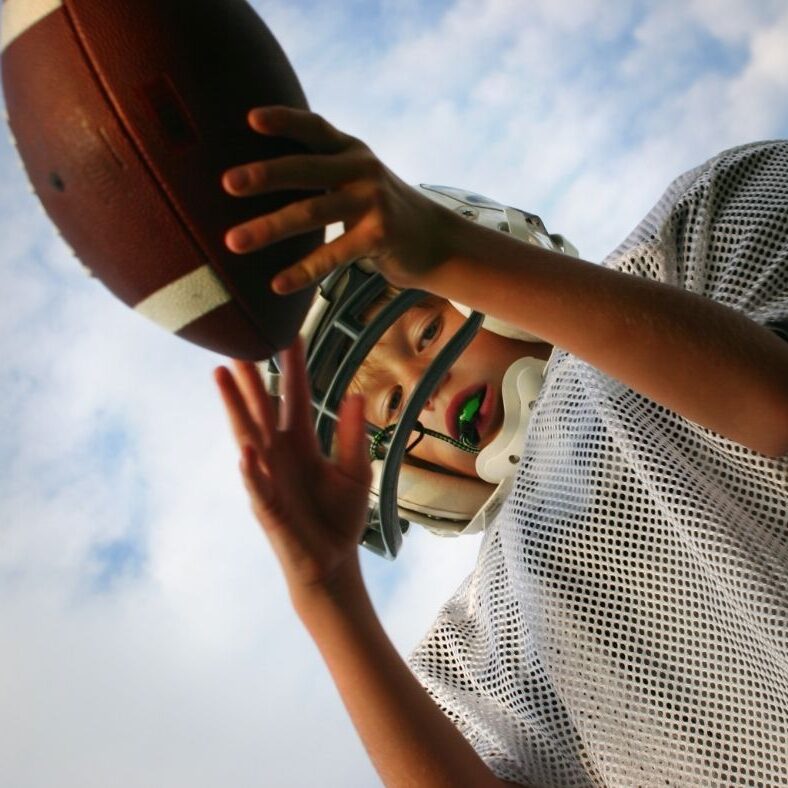PEDIATRIC TBI

Traumatic brain injury (TBI) is a serious issue for children. Approximately 180 per 100,000 children incur a TBI in the United States from a bump, blow, or jolt to the head every year. These injuries can lead to neuropsychological issues and psychiatric disorders. For many children, that means trouble with school, social development, and daily functioning.
To develop better methods of rehabilitating children with TBI, we need to learn more about how TBI changes the brain. We are using a technology called magnetoencephalography (MEG) to scan the brain activity of children with TBI and children with orthopedic injuries to compare how it changes after an injury. We will also see how their brain activity changes as they recover.